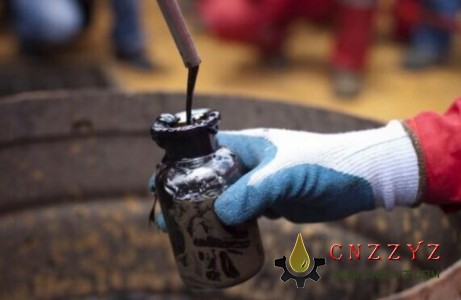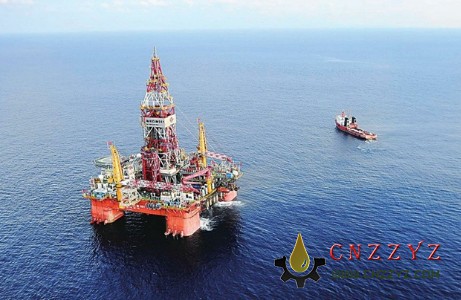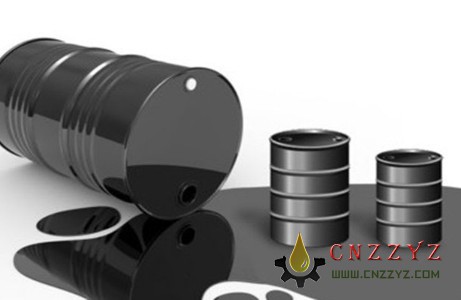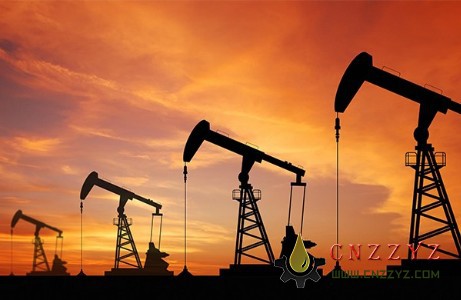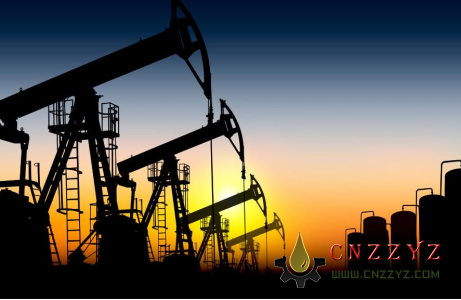石油设备网讯 据油气新闻5月25日消息称,波兰第二大炼油商洛托斯投资部副主管表示,该公司正寻求收购上游资产,以提高自身的石油产量。考虑到最近来自俄罗斯的供应出现问题,这一战略显得尤为重要。
洛托斯位于波兰北部城市格但斯克的炼油厂的大部分原油都是通过德鲁兹巴管道从俄罗斯提炼的,但由于污染问题,德鲁兹巴管道上个月被中断,给全球石油市场带来了冲击波。
洛托斯及其较大的竞争对手PKN Orlen表示,由于海上和石油储备的供应,他们的炼油厂运转正常。不过,法国道达尔暂停了其在德国卢纳炼油厂的部分设备,进行技术检查。
Patryk Demski本周在卡托维兹参加会议间隙对路透表示:“我们利用了我们在海边的位置。我们集中使用来自普里默斯克(俄罗斯)的海上补给——这是我们在这种情况下采取行动的主要因素。我们也使用(波兰的)强制石油储备,但程度有限。”
根据政府的一项计划,洛托斯预计将与Orlen合并,以打造一家更大的公司,有能力在国际市场上竞争,不过该计划需要欧盟的批准,而且不会马上实施。
他表示,暂停石油供应不会对洛托斯第二季业绩产生重大影响,因其炼厂利润率并未大幅下滑。
Demski表示,受污染的俄罗斯石油造成的破坏,使得洛托斯收购挪威石油资产并减少对俄罗斯依赖的计划变得更加重要。
Demski表示:“停止从俄罗斯供应石油的必要性证实了我们收购计划的合法性,这可能有助于我们增加自己的上游业务...... 我们对市场状况以及挪威资产收购项目的持续观察,是我们构建供应组合多元化的重要因素。”
包括埃克森美孚(Exxon Mobil)、英国石油(BP)和壳牌(Shell)在内的石油巨头,已通过出售或合并其在成熟地区的资产,缩小了在挪威的业务规模,将重点放在其它地区新的增长机遇上。
多年来,洛托斯一直在上游寻找收购机会。
Demski称:"我们正在研究石油巨头从挪威大陆架撤出的策略,并正在考虑潜在的收购。"他补充称,Lotos更感兴趣的是收购一家公司上游资产的结构性部分,而不是单一油田。
他说:“我们一直在密切关注市场,每天5万桶的产量对我们来说是一个可行的目标。”
曹海斌 摘译自 油气新闻
原文如下:
Polish refiner Lotos looks to buy upstream assets
Poland’s second-biggest oil refiner Lotos is looking to buy upstream assets to boost its own oil production, a strategy made all the more important given recent problems with supplies from Russia, its deputy head of investment said.
Most of the crude refined at Lotos’s refinery in the northern Polish city of Gdansk comes from Russia via the Druzhba pipeline, but flows via Druzhba were suspended last month due to contamination, sending shockwaves through global oil markets.
Lotos and its bigger rival PKN Orlen have said that their refineries are working normally thanks to supplies via sea and oil reserves. However, France’s Total suspended some units at its Leuna refinery in Germany for technical checks.
“We take advantage from our location at the seaside. We intensively use supplies by sea from Primorsk (in Russia) - this is the main element of our actions in this situation. We also use (Poland’s) mandatory oil reserves, but to a small extent,” Patryk Demski told Reuters on the sidelines of a conference in Katowice this week.
Lotos is expected to merge with Orlen under a government plan to create a bigger player capable of competing on international markets, although the plan needs EU approval and is not imminent.
The suspension of oil flows would not have a significant impact on Lotos’s second-quarter results, as margins at its refinery have not fallen drastically, he said.
The disruption caused by the contaminated Russian oil makes Lotos’s plans to acquire Norwegian oil assets and reduce its reliance on Russia all the more important, Demski said.
“The necessity to stop oil supplies from Russia confirms the legitimacy of our acquisition plans, which could help us increase our own upstream (business)... our continuous observation of what is happening in the market as well as the project of Norwegian assets acquisitions are an important element of building the diversification of our supply portfolio,” Demski said.
Oil majors, including Exxon Mobil, BP and Shell, have scaled down their presence in Norway by selling or merging their assets in the mature region to focus on new growth opportunities elsewhere.
Lotos has been looking for acquisitions in upstream for years.
“We are looking at the oil majors’ exit strategy from the Norwegian Continental Shelf and we are considering potential acquisitions,” Demski said, adding that Lotos is more interested in buying a structured part of a company’s upstream assets rather than a single field.
“All the time we are intensely looking around on the market and 50,000 barrels of daily output is a feasible goal for us,” he said.


